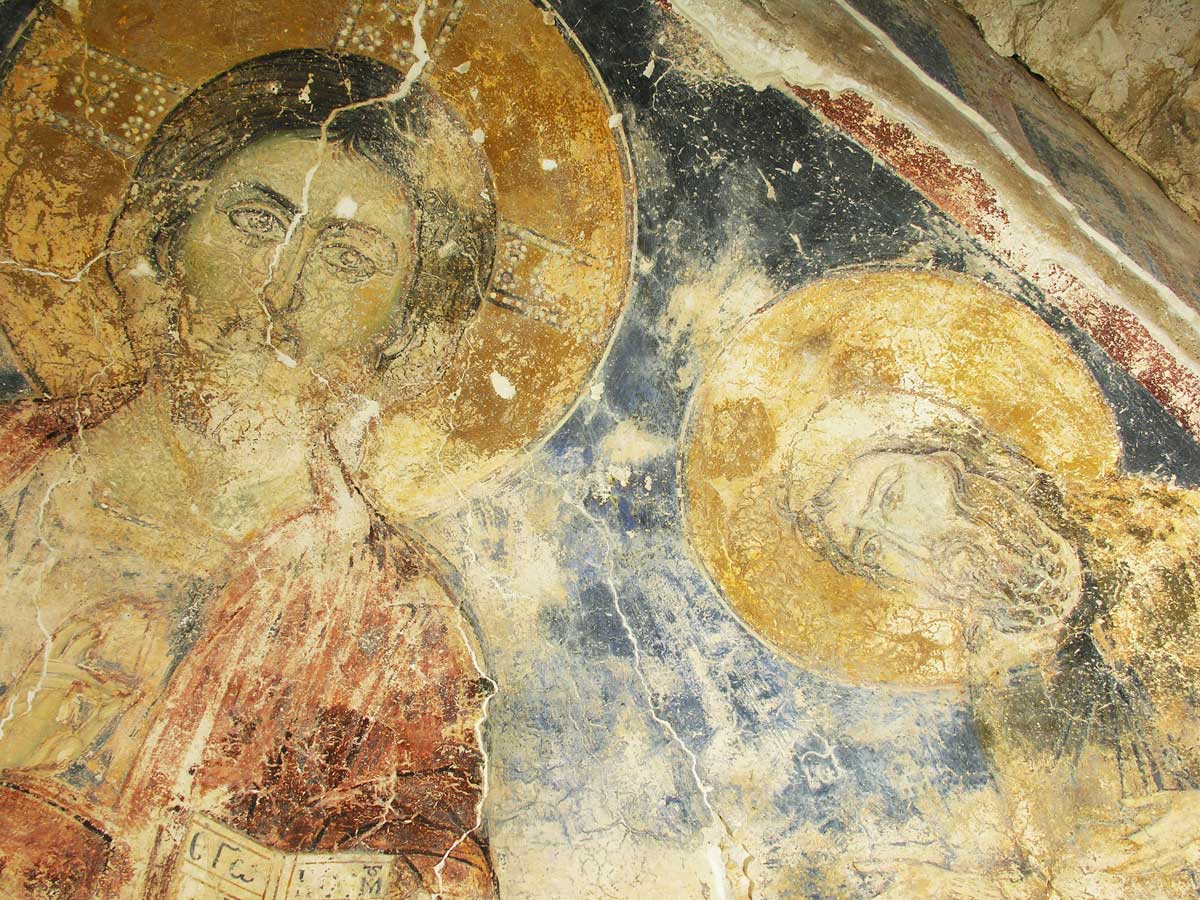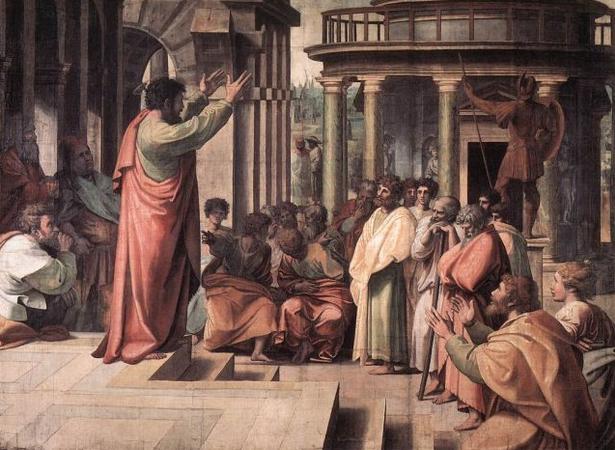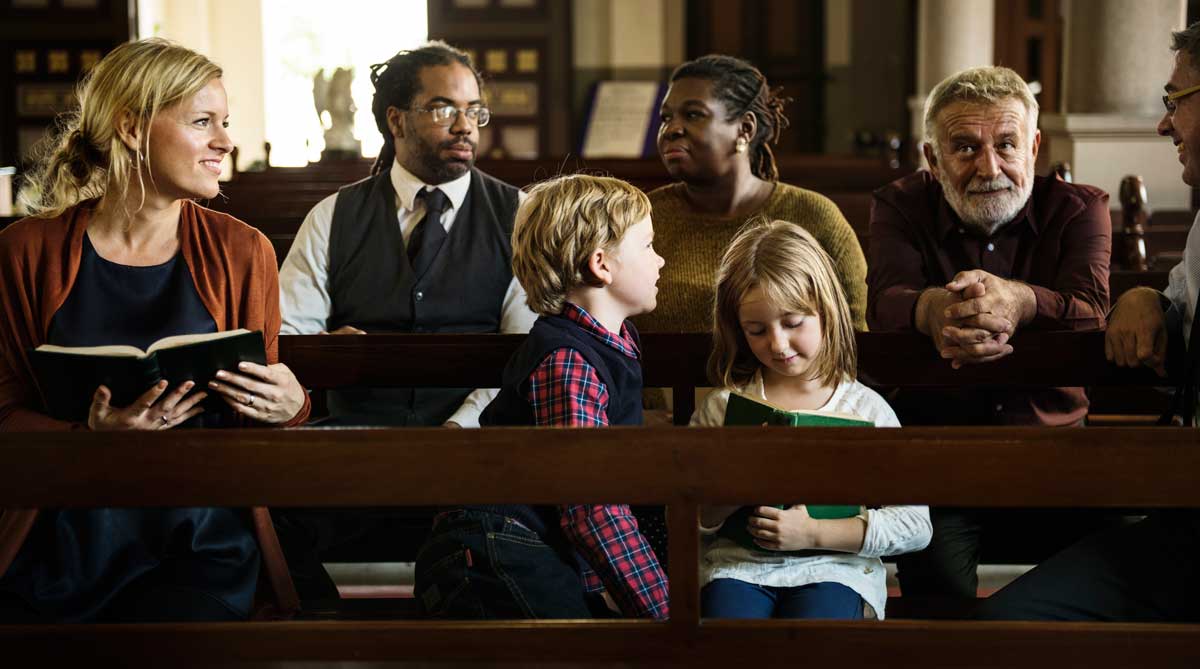That We Live a Quiet & Peaceable Life
An Appreciation of Justice Byron R. “Whizzer” White
by Vincent J. Horkan
At his inauguration President Kennedy’s fellow New Englander and personal poet laureate, Robert Frost, advised him to be more “Irish” than “Harvard.” A fellow Catholic like myself might have paraphrased the advice in this way: Be more “Catholic” than “secular humanist.”
Kennedy’s religious background surely was a major issue in his 1960 presidential campaign. Hence, even at this late date, these questions might reasonably be asked: Was religion a significant factor in his rather brief tenure as President? Did the Catholic President emphasize a religious ethic in his government? Was God given a prominent place in the public square?
While I doubt that President Kennedy took Poet Frost’s advice—or the paraphrased version—very seriously, it is my contention that Kennedy made at least one notable contribution to the cause of religion in public life. And this was the appointment of an Episcopalian, Byron R. White, to the Supreme Court. I am not suggesting that the young president had the religious factor in mind when he nominated White in March 1962. He was recognizing a tested friendship and repaying a political debt.
The friendship had extended back to their meeting in England in 1939. White was attending Oxford as a Rhodes scholar; Kennedy was residing there, the son of Joseph P. Kennedy, the American ambassador. The outbreak of the war intervened in this early relationship but over the next 23 years, their careers intertwined remarkably. As naval officers they met in the South Pacific where White in Navy intelligence wrote up the report on the sinking of Kennedy’s PT–109. After the war, following White’s graduation from the Yale Law School, they were together in Washington, D.C. White was serving as law clerk to Chief Justice Fred Vinson; Kennedy was a first-term congressman from Massachusetts. Their relationship reached a climax in 1959 when White, as a member of one of Denver’s most prestigious law firms, agreed to actively support Kennedy’s presidential bid. He did so as chairman of “Citizens for Kennedy” at the Democratic convention in 1960 and in the campaign that followed.
In the new administration, White first served as deputy attorney general under Robert Kennedy. A year later his appointment to the Supreme Court won quick Senate approval. At his appointment the President paid tribute to the new Justice as a man who had excelled in all the serious endeavors of his life. Kennedy was not just indulging in rhetorical hyperbole. At the University of Colorado, White had been an athlete and scholar. As a football player there, he was named on Grantland Rice’s All America Team. After a two-year career as a professional in the N.F.L., he was named to the Football Hall of Fame. His scholarly achievements were manifest. He was a Rhodes Scholar and attained high honors at the Yale Law School. As a judge, scholar, athlete, man of action, Byron White was surely an embellishment to Kennedy’s “New Frontier.”
I have seen no references by the young President to the moral principles and religious tolerance that would give direction to White’s career on the Supreme Court bench. Perhaps following the 1960 campaign, it was politically correct for Kennedy not to mention these attributes; perhaps they were not uppermost in the President’s mind. In any case, a serious review and study of Justice White’s 31 years on the bench will demonstrate his endorsement of the Judeo-Christian tradition in American life over against secular humanism. This can be substantiated by his opinions and decisions in two critical areas: the Supreme Court cases involving the establishment and free exercise clauses of the first amendment, particularly as they apply to public and private religious schools; and abortion cases.
It must be clearly understood that White as Supreme Court Justice did not approach these cases from an ideological or political position. Rex E. Lee, later president of Brigham Young University, served as his law clerk shortly after White’s appointment to the Supreme Court. He has a profound respect for “Mr. Justice White’s” judicial competency and integrity. Lee points out that members of the other political branches, particularly the legislature, are “popularly elected, responsive to the will of the people through periodic reelection, and their job is to make a policy.”
He continues:
The role of the judge by contrast should be to decide cases. To be sure, judges make law and policy, but they do it in the context of deciding individual cases and controversies. . . . In my view that is the legitimate standard for assessing the performance of any federal judge. And by that standard, Justice White belongs with the best. By the time of his retirement after more than three decades of deciding cases, we knew his view on abortion, the majority’s three-part test for deciding establishment of religion cases. . . . But this came about not because he characterized himself as a liberal or conservative and then did his judging consistent with what a good liberal or good conservative would be expected to do, or because in any other respect he started from some predetermined policy position. Rather these views have evolved over time as he exercised the only authority that the constitution vests in Article III judges: “to decide cases and controversies.”
subscription options
Order
Print/Online Subscription

Get six issues (one year) of Touchstone PLUS full online access including pdf downloads for only $39.95. That's only $3.34 per month!
Order
Online Only
Subscription

Get a one-year full-access subscription to the Touchstone online archives for only $19.95. That's only $1.66 per month!
bulk subscriptions
Order Touchstone subscriptions in bulk and save $10 per sub! Each subscription includes 6 issues of Touchstone plus full online access to touchstonemag.com—including archives, videos, and pdf downloads of recent issues for only $29.95 each! Great for churches or study groups.
Transactions will be processed on a secure server.
more from the online archives
calling all readers
Please Donate
"There are magazines worth reading but few worth saving . . . Touchstone is just such a magazine."
—Alice von Hildebrand
"Here we do not concede one square millimeter of territory to falsehood, folly, contemporary sentimentality, or fashion. We speak the truth, and let God be our judge. . . . Touchstone is the one committedly Christian conservative journal."
—Anthony Esolen, Touchstone senior editor










